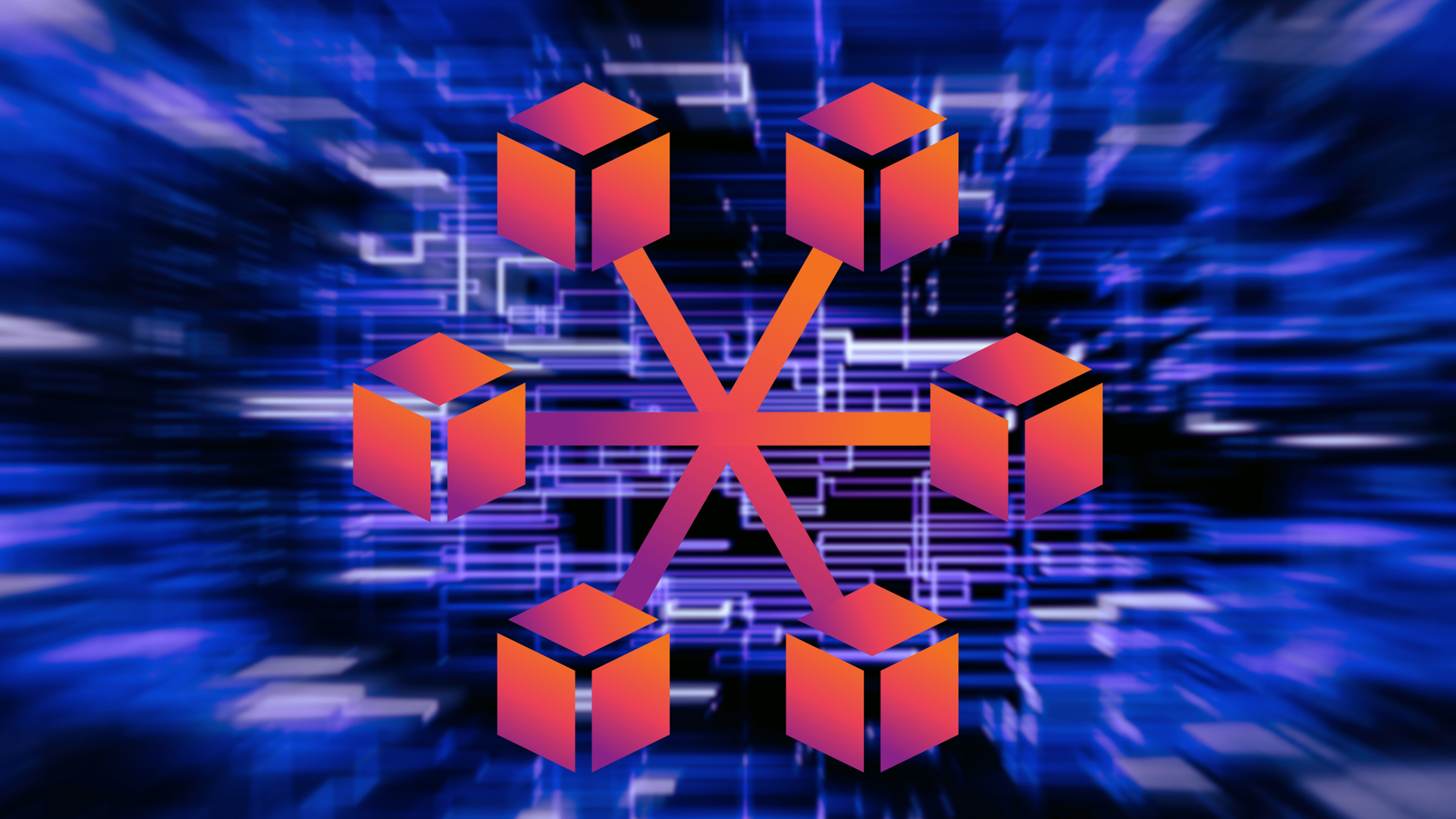- Oracles are a bridge between real life data and blockchains.
- Oracles are of two types: Centralized and Decentralized.
What are Oracles?
Blockchains are just a collection of blocks that are made of different blocks. These blocks are connected to the internet and store transaction information. This is the basic function of a blockchain. The more advanced blockchains, like Ethereum nowadays, also have the ability to write smart contracts. But still, blockchains do not have the ability to connect to the real world. It means they are still not that advanced that they can connect to real world applications.
Let’s understand this with an example: You are a blood pressure patient, and if your blood pressure falls below a certain level, you need some medicines. Now It’s difficult for you to always detect your BP and then order medicines according to your needs. But with the help of oracles, what you can do is write smart contracts that will automatically order medicines from online shops when your smart watch shows statistics that are not good regarding your body and you might need a medicine. This is how they allow blockchains to be connected to the real world.
So in very basic terms, Oracles are codes that bring data off the blockchain and then put it on the blockchain so that smart contracts can use it. This is because the smart contracts running on Ethereum are not capable of accessing information that is not on the blockchain. So oracles just work as a bridge between the blockchain and real world data.
Oracles are of Two Types
- Centralized
These oracles are controlled by a single entity. Which is responsible for updating the data as requested. The centralized oracles are very efficient because they rely on a single source of truth. But they do come with some limitations.
- Lower correctness guarantees
In centralized oracles, the smart contract owner who is accepting the data from the centralized entity will have to blindly trust the entity. Because the smart contract will run according to that data. If the entity is not capable of presenting accurate data, then the smart contract will not function properly.
- Poor Availability
Centralized entities are very vulnerable to attacks and hackers. Hence, it is hard to trust centralized entities. The other reason is that the incentive that these entities get is very low as compared to decentralized entities. This is another reason why they are not available easily.
Decentralized oracles
Decentralized networks are always less vulnerable to attacks and censorship as compared to centralized networks. This is the main reason why DeFi is a hot topic nowadays. The same thing is applicable to decentralized oracles. Since they are not controlled and managed by a single entity. There is not a single point of failure in them. Hence, they are less vulnerable to attacks and hacks.
- High Correctness
One of the best advantages of using decentralized oracles is that they are always correct because they always have the proof attested to them, which means that they are always trustworthy.
- Real Oracle Use cases
Chainlink is a popular oracle provider. It provides layer 1 and layer 2 blockchains with direct real life data. Which these blockchains use for the functioning of their smart contracts. This platform is currently the largest Oracle data provider for Web 3.
